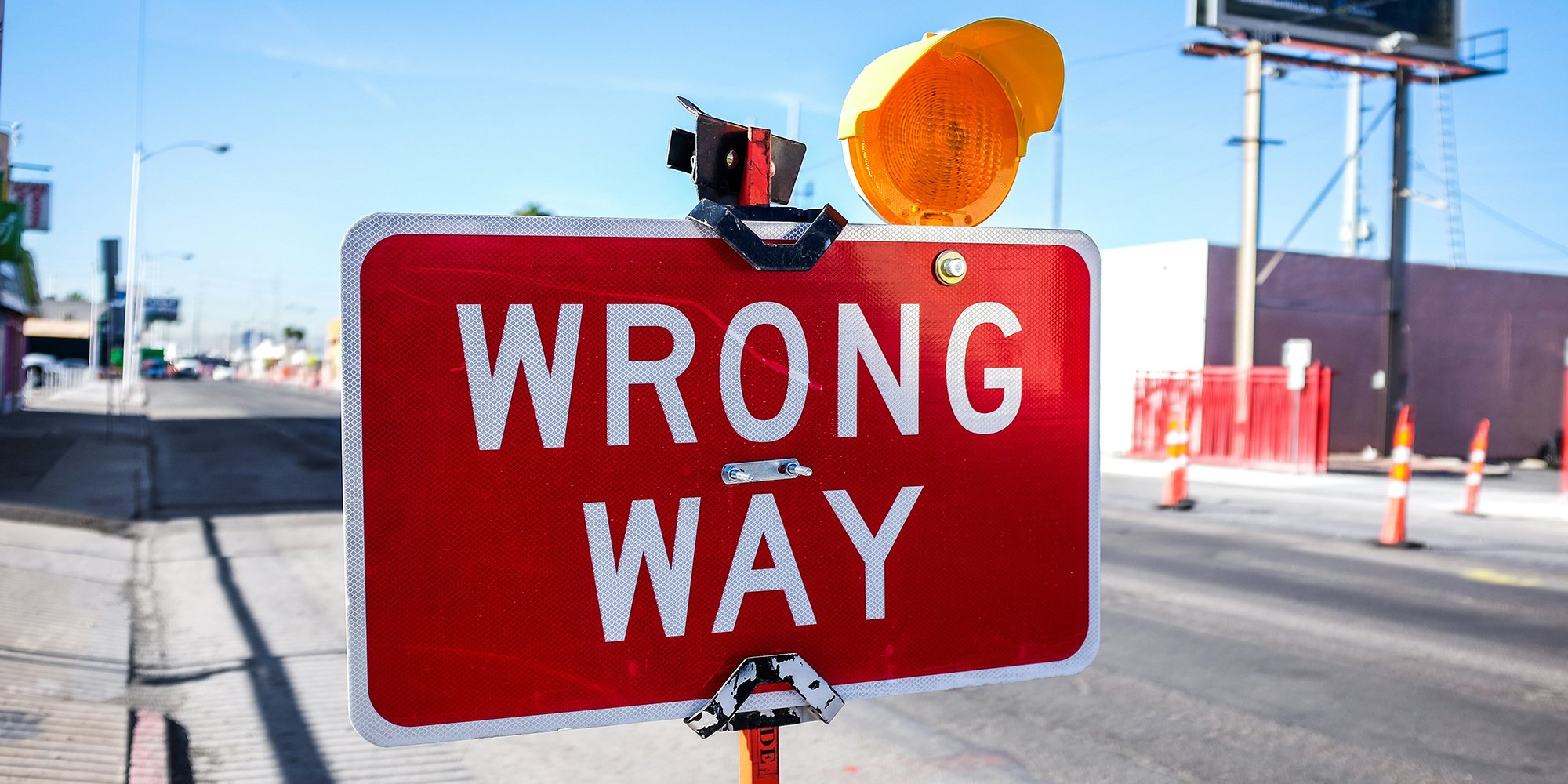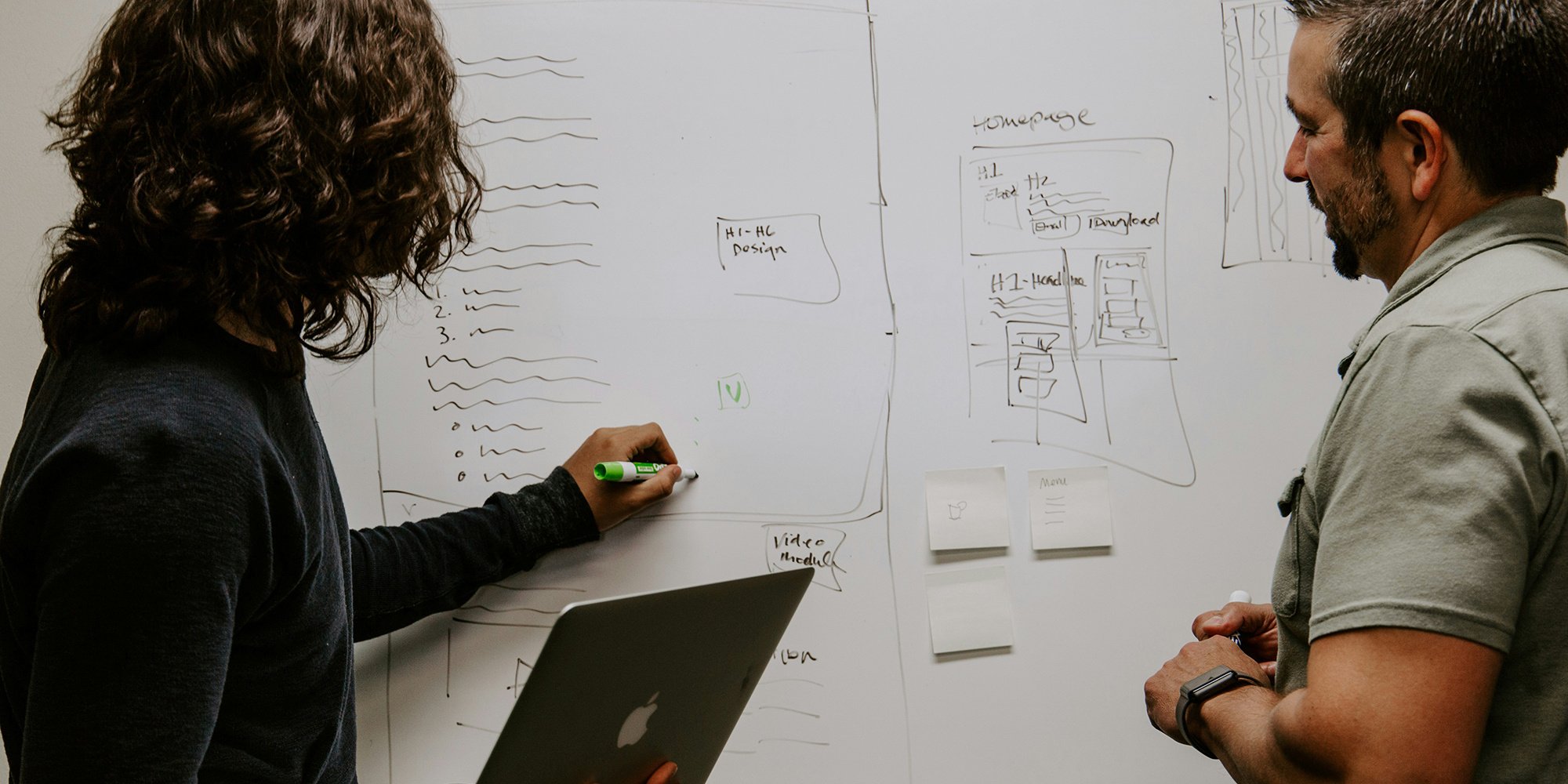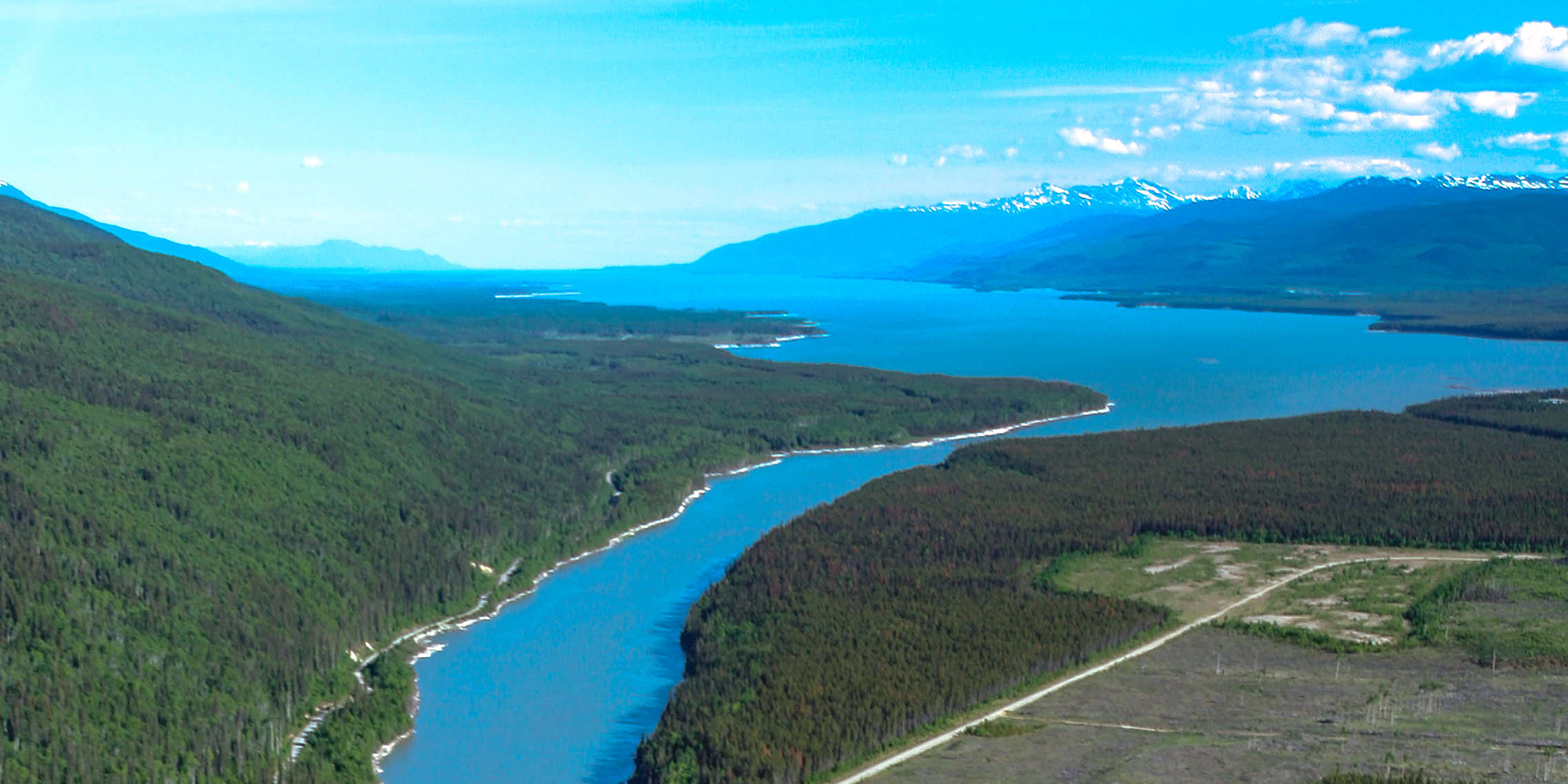Why Pre-Engagement Research of Indigenous Communities is Important
There are many reasons for researching an Indigenous community but for the purposes of this article, we are talking about research in terms of a...

Consultation with First Nations is a necessary part of doing business on First Nation treaty or traditional land. Most levels of government and business leaders have accepted that consultation with First Nations is a legal, necessary and important aspect of doing business.
Some First Nations have developed guidelines and protocols for consultation. Some provinces have developed “toolkits” for consultation. What there isn’t is a template for consultation – each community and each project requires a consultation process tailored to the situation.
While a template for consultation does not exist, there are some common, respectful considerations that will assist a company in its consultation.
1. Failure to conduct due diligence on the history, culture, political structure and world views of the community(ies) you hope to work with.
There are over 600 First Nations in Canada – each one has a distinct history, relationship with the Crown, culture and world views. Failure to recognize cultural diversity and to assume that all communities are the same is disrespectful and a sure sign that a consultant is not conversant with First Nation history.
2. Failure to engage at the very onset of a project.
Don’t delay contacting the community on whose traditional or treaty lands you would like to develop your project as this is both disrespectful and unwise. Introducing your company with a full set of plans is not a good way to initiate a relationship. Contact the community early and maintain a consistent communication system. Don’t just contact the community when you need approval for a permit. Your intent should be to build a positive relationship that will continue beyond the end date of your project.
3. Lack of transparency.
All communications should be honest and transparent. If there are delays or other issues, share that information.
4. Sending the wrong people to represent your company.
The “face” of your company should be selected carefully. Don’t send someone who considers First Nation consultation a means to an end. Also, don’t send a junior person to meet with the Chief, especially in the initial meetings. The head of the company should make him/herself available to meet with the head of the Nation as soon as is possible, if requested.
5. Sending someone who is not familiar with the consultation process or frequently sending different people.
Chief, council and economic development departments are all very busy and don’t have time to educate your staff. If there is a change in the consultation point person for the project, ensure the replacement person is fully up to speed before they go to the community.
6. Failure to understand if a community does not have the capacity for effective negotiating strategy, or worse, recognizing the situation and trying to take advantage of it.
Some First Nation communities are very small and have very young populations with few community members who have the experience or knowledge on how to negotiate an effective agreement with a resource company. It is very shortsighted of a company to take advantage of this situation. If a project hits some sensitive points with the community, the terms of the agreement will come under legal scrutiny. Roadblocks or legal embargoes on projects are not good for anyone.
7. Failure to understand the collective rights of the community and how the community is structured for decision-making.
This understanding is critical and leads back to the first point in this article. Companies need to know this prior to sitting down with the leadership of the community.
8. Failure to engage holistically with the community.
At some point, consultation must be with the whole community, especially on big projects. Your project will have an impact that extends beyond the Band office therefore your company has a responsibility to engage with the entire community. This can be achieved, for example, by attending and supporting community initiatives and school events; creating a scholarship or bursary; and working with the community to understand what their needs and desires are in terms of a legacy project – there really is no limit on how a company can constructively contribute to a community, perhaps attending pow wows and other events.
9. Failure to take the need for consultation seriously.
Consultation should not be viewed as yet another box to check off on the permitting path. It is a real and necessary part of your business plan. You should develop a goal of consultation from the community's perspective, not the company or government if you want to be successful.
10. Lack of working knowledge or interest in the impact of colonization and residential schools
This article was written in the aftermath of the Truth and Reconciliation Commission report on residential schools (June 2015). Since the release of that report, there has been a heightened awareness on the part of non-First Nation people about the government’s goal of assimilation, colonization, the horrors of the residential school system, and the ongoing intergenerational impact of colonization and residential schools. Everyone who works with First Nations should be aware of this aspect of Canadian history and its ongoing impact.
11. Failure to have a working knowledge of the key court cases that guide First Nation consultation; failure to realize that consultation is a legal obligation owed by the Crown but frequently downloaded to companies
At the very least, consultants should be familiar with the following court cases:
12. Failure to prepare your workforce, from the top down, for working effectively with First Nation communities and individuals.
If your intent is to build respectful, effective relationships with the community(ies) you hope to work with, and to build a respectful, effective consultation program, then having the whole team – from the president on down to the person who answers the phone - take Indigenous Awareness training is an investment in that intent. It is also critical that each new employee take the training, and that the whole team take refresher courses. Refresher courses are recommended because someone inexperienced in working with First Nation communities will not absorb the information differently than someone who is actively working on the consultation file.
We hope this compilation of some of the common mistakes made in First Nation consultation is helpful.
For those looking to build on their Indigenous consultation skills, our Indigenous Consultation & Engagement training is a great option. Attending a live training format allows you to bring those questions you may have and see them answered by one of our Indigenous relations training professionals.
Featured photo: Unsplash

There are many reasons for researching an Indigenous community but for the purposes of this article, we are talking about research in terms of a...

While the duty to consult is a hard-fought-for, constitutionally recognized component of resource project development, in reality, it can be an...

Lyle Viereck was born and raised in Prince Rupert in northern BC. His family heritage includes Creek Indians from Oklahoma, American black slaves,...